Website | Compiled by SedNet Secretariat | Subscription Service: SedNet Secretariat | Previous Issues
Disclaimer: SedNet is not responsible for faults due to incorrectness of info in this newsletter
Newsletter July – 2022
1. 13th international SedNet Conference 2023 – Save the date
2. WFD sediment document soon to be published
3. Two-day event organized by the SedNet CE working group
4. Farewell to Marjan and Bruno
5. COP26 Climate Change and Sediment Management Pledge
6. SedNet on LinkedIn
7. Simona Project
8. Paper published on Estuarine Coastal and Shel Science
9. Guidance for engaging actors in natural resources management
1. 13th international SedNet Conference 2023 – Save the date
In 2023 SedNet will organize its 13th international conference. This conference will be organized in Lisbon between the 5th and 9th of September 2023.

Please block your agenda for the SedNet international conference between the 5th and 9th of September 2023.
We will keep you posted on any updates!
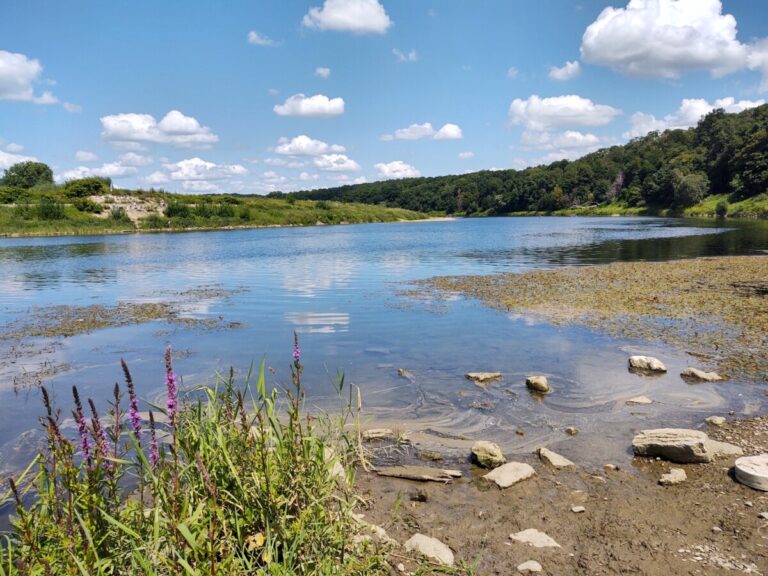
3. Two-day event organized by the SedNet CE workgroup
The Circulair Economy Working Group (WG) organized a two-day event on the 5th and 6th of July.
On the 5th of July they have worked on the SedNet CE white paper on Circular Economy and Beneficial Use of Sediments. The WG:
– Studied and discussed the recent CEDA, PIANC and UNEP papers on the topic.
– Shared their experience with Circular Economy and Beneficial Use of Sediment projects, agreeing to update the CEDA database with Beneficial Use of sediment projects we are involved in.
– Focussed at relatively new (with regard to legislation) contaminants and their impact on the Beneficial Use of sediment in Europe.
– Expressed the need for a (EU) framework in which sediment has an intrinsic value and not a waste status: the new Soil directive gives an opportunity to reframe the thinking about sediment as a resource.
– Is in the opinion that also the European Green Deal, Farm to fork and Zero Waste policies are important drivers for rethinking the value of sediment and looking at the sources that impact sediment quality and hence often the Beneficial Use of sediment.
– Continues their work over the summer, with a new meeting (Teams) planned in October 2022.
– Will meet in May next year to prepare the white paper to be shared at the SedNet conference in 2023 in Lisbon.
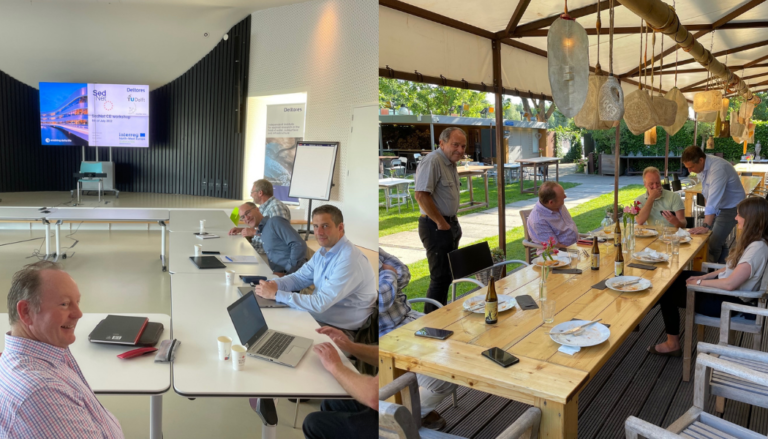
On the 6th of July the WG visited the room for the river projects at Tiel with the Rijkswaterstaat. These projects demonstrated that Beneficial Use of Sediment and the increase of safety against flooding can go hand in hand.
4. Farewell to Marjan and Bruno
On the 21st and 22nd of April the SedNet Steer Group (SG) meeting was organized. During the SG meeting a SedNet Certificate of Appreciation was awarded to Marjan Euser and Bruno Lemiere. The certificate was handed to them by SedNet chairman Marc Eisma for their contribution and dedication to SedNet. Marjan ran the SedNet secretariat since 2004 and Bruno has been vice chair for Sednet for many years. They were overloaded with compliments and appreciations by the SedNet Steer Group. All SG members expressed that they will sincerely going to miss them. Both Marjan and Bruno are now enjoying their retirement.
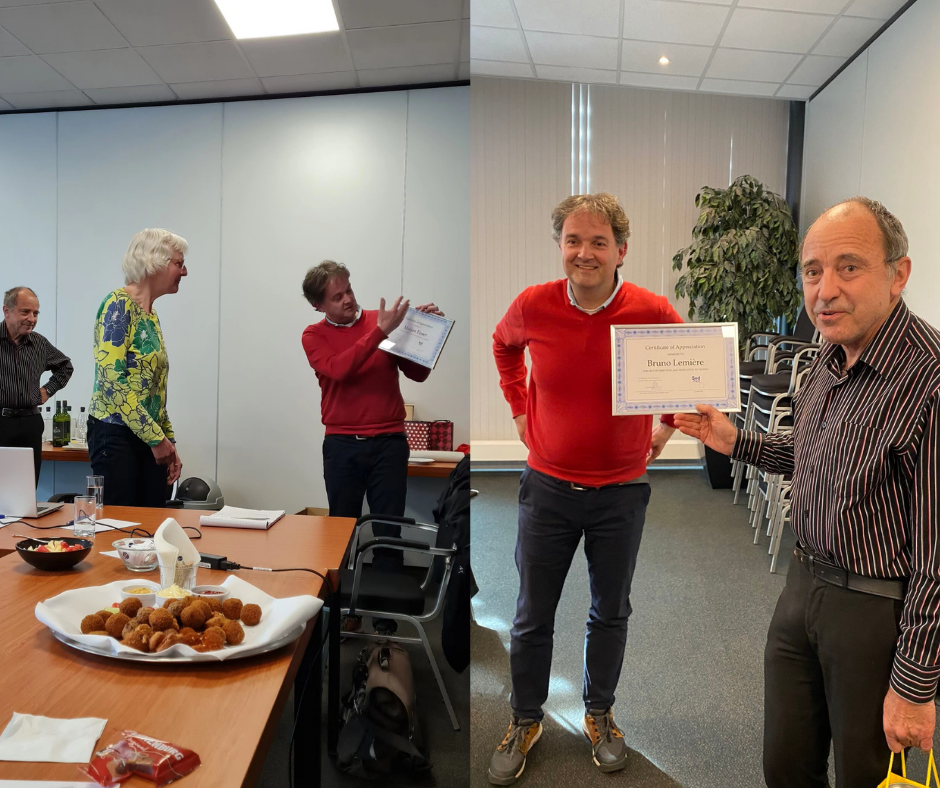
5. COP26 Pledge Climate Change and Sediment Management Pledge
Also Hamburg Port Authority (HPA) recently endorsed the COP26 Climate Change and Sediment Management Pledge. This makes a total of 35 organizations that have now endorsed the COP26 Pledge. You can find the latest version of the document on our website by clicking here.
If your organization is committed too and wishes to have their logo added to the COP26 Pledge, please contact the SedNet Secretariat.
6. SedNet on LinkedIn
SedNet recently started with setting up a LinkedIn account. On LinkedIn we share posts related to the SedNet network or items related to sediments. Please follow us on LinkedIn.
If you have anything that you would like to share on the LinkedIn page of SedNet or something we can repost for you, please contact the SedNet Secretariat.
7. SIMONA project
A Small Step for SIMONA, a Big Leap for the Danube Basin Harmonised Sediment Quality Monitoring: Standard Sediment Sampling Kit Delivery Started
SIMONA: EU Interreg Danube Transnational Programme Project: Sediment-quality Information, Monitoring and Assessment System to Support Transnational Cooperation for Joint Danube Basin Water Management
The delivery of the SIMONA Standard Sediment Quality Sampling Kit to each of the 12 Danube Countries (government agencies responsible for sediment quality monitoring under the Water Framework Directive) started last week. The first kit was delivered to the General Directorate of Water Management (OVF), Budapest, Hungary.
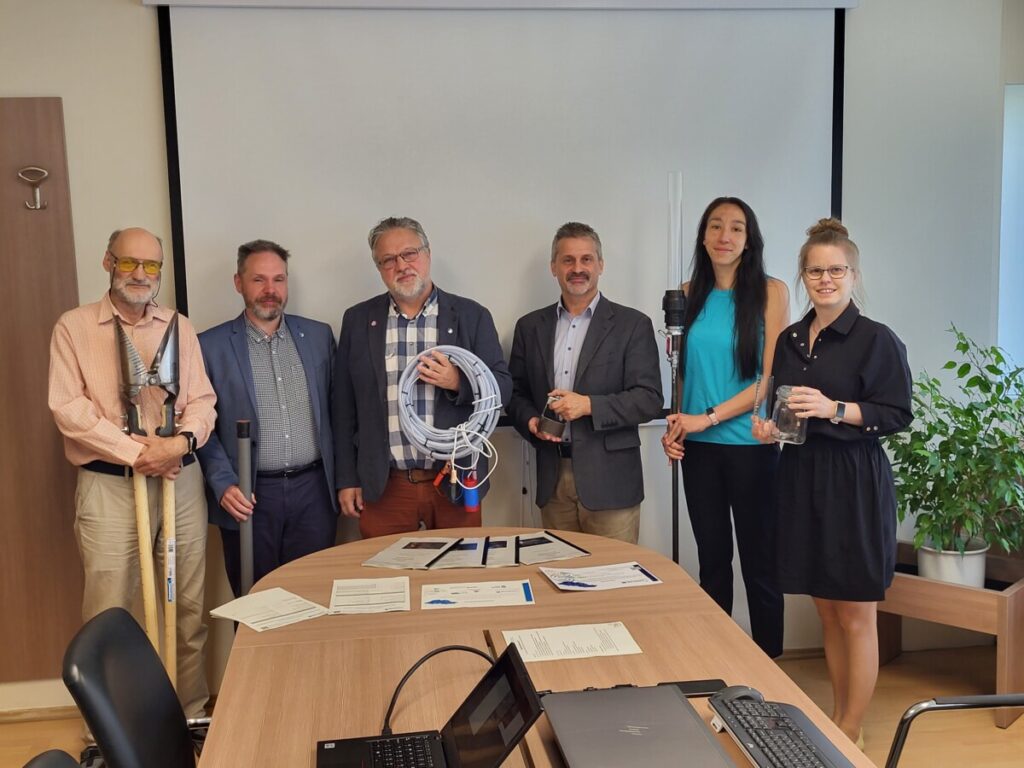
The main conclusions of SIMONA published in the latest issue of DanubeWatch magazine
DanubeWatch is the official magazine of ICPDR – International Commission for the Protection of the Danube River (See P.9). Including: significant gaps exist in the sediment quality sampling, laboratory and evaluation procedures in the Danube Basin; sediments are highly site-specific requiring site-specific monitoring approach; long-term regular sediment quality monitoring at selected key sites is essential; introduction of inter-laboratory trials and regular training on sampling and analysis is an immediate need.
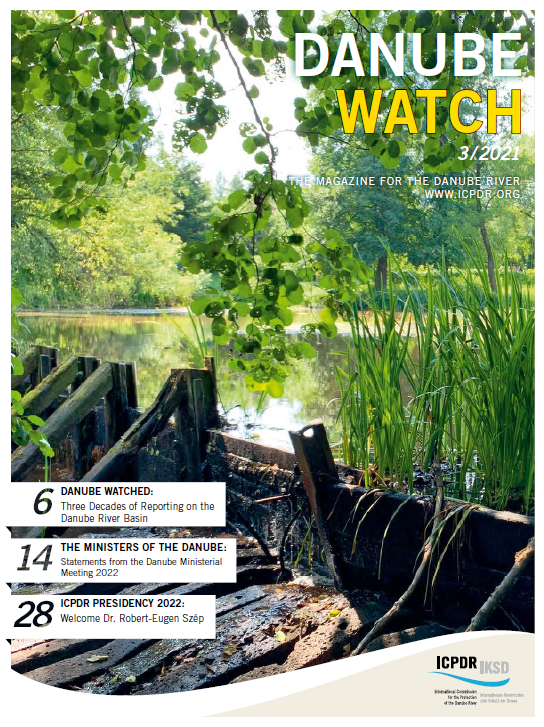
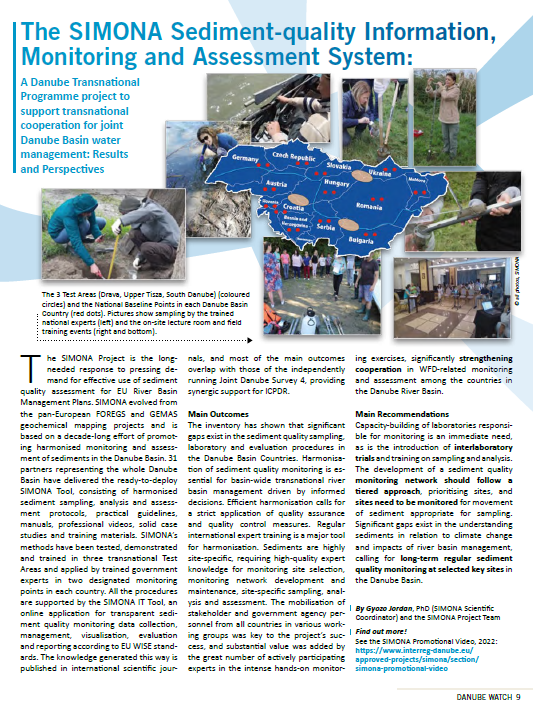
Find out more!
– Project Website
– Project Video
8. Paper published on Estuarine Coastal and Shel Science
In April a paper was published on Estuarine Coastal and Shelf Science related to “Interferences between natural and anthropic hazards in marine-coastal environments: Assessing transport from land to the offshore systems in the Crotone basin (Ionian Sea)”.
Please click here to read the paper.
9. Guidance for engaging actors in natural resources management
In the European, Horizon 2020 project Soil Mission Support (SMS) an “Actor engagement guide” was prepared under lead of SMS project partner Deltares. It provides guidance on engaging actors in land and soil management.
However, the common-sense guidance and principles may be applied generically to ‘natural resources management’, so including sediment. The guide is publicly available.
Please click here to read the guide.
